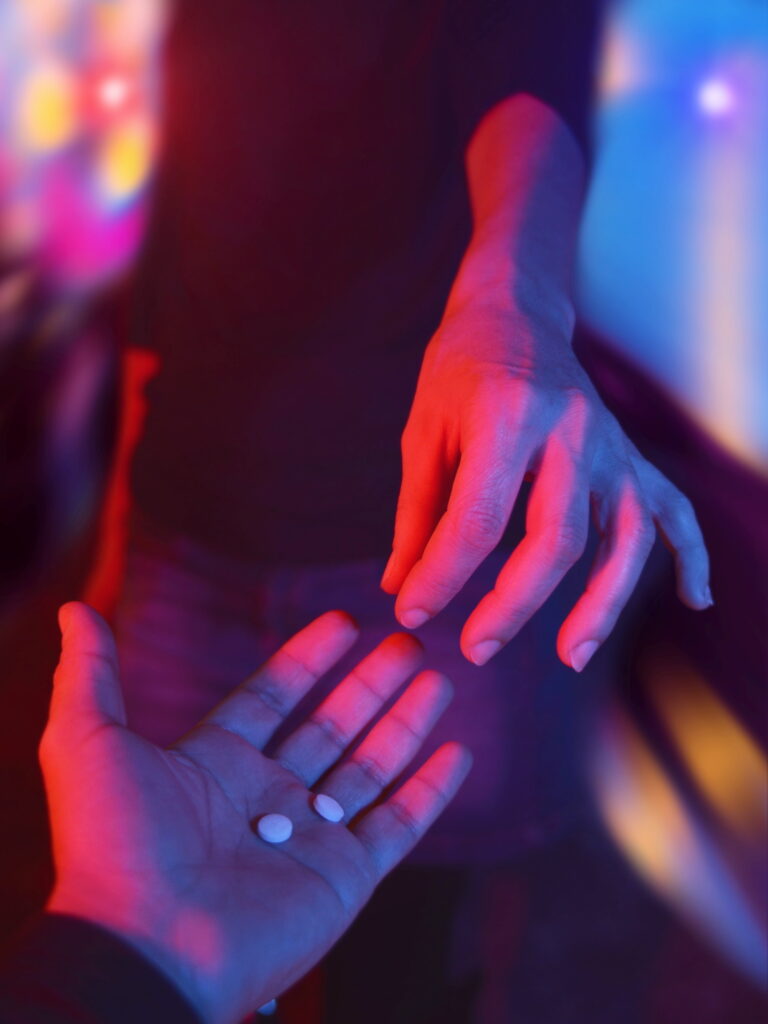The wellness of our clients is our main priority. We recommend our clients engage in one of our bespoke recovery programs upon finishing their detox. Detox is just the first stepping-stone in recovery – it treats the physical and mental symptoms – however, for many people, this is not enough.
To have the best possible chance of recovery, the underlying causes of the addiction must be managed too. A return to ‘everyday’ life with no support is inadvisable, as people are exposed to old triggers without any coping strategies.
Excel provides a range of treatment options for those who want to continue their recovery journey after they leave detox. It is in these programs that we help our clients understand their addiction and give them practical tools and techniques to use as they continue their recovery journey.
If you or someone you love is struggling with MDMA addiction, please contact us today.
Although we do not provide detoxification services at our facilities, Excel Treatment Center is happy to refer clients to professional, licensed, and insurance friendly detoxification facilities to undergo treatment.
Contact us today at 973-547-1918 to enquire about a referral.


